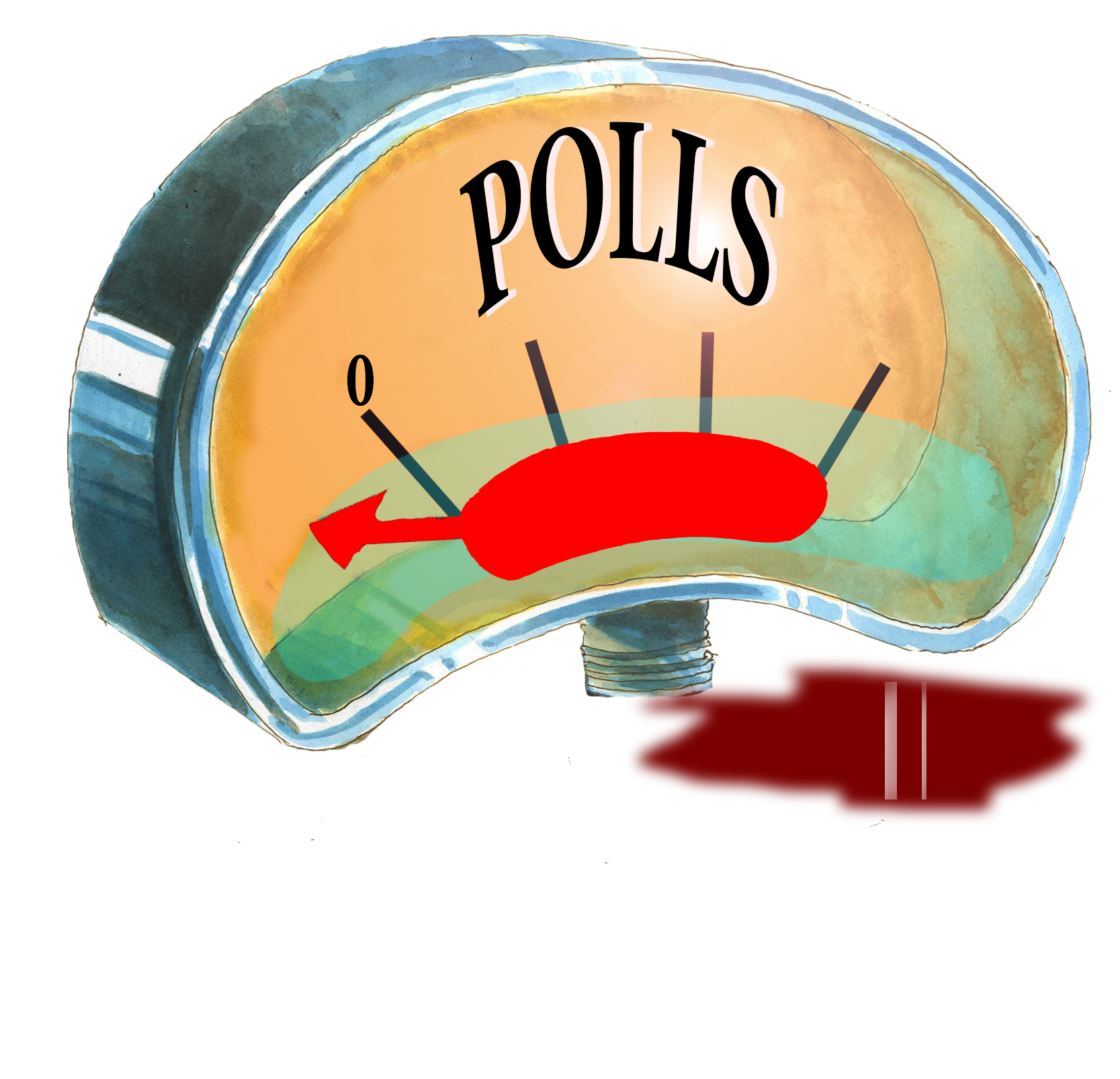Oped by political and market research veteran Peter Mills
Politicians have opted out of the vision business.
In its early years, market research polling was conducted to gauge the general direction and strength of voter sentiment and the extent to which elected representatives might individually or collectively be on the nose. Today, in a world of increasing uncertainty, political anxiety and brutally partisan politics, it has become such a powerful instrument in policy formulation and adjustment that it has overwhelmed political conviction and vision as the primary force driving the nation’s future.
The Federal Budget recently handed down by the Coalition isn’t the financial attachment to a national vision, it’s a targeted response to the concerns of specific and fragile voter cohorts identified via polling that need to swing back to the government’s ranks at the polling booths.
The irony, is that this neurotic temperature-taking by political parties is slowly poisoning the credibility of major parties globally, as their obsession with their own standing is reflected in decision making mayhem on almost every issue.
So afraid of the electoral risk associated with reform, they operate in a continual loop of statement releases, impact measurement and the re-working of initiatives until the focus groups are on board.
It doesn’t happen in every instance but on matters of national importance and issues likely to shift opinion, political parties are abrogating responsibility for the nation’s future to paid opinions givers via focus groups and online surveys, that is, to research respondents who are given seconds to deliver responses to questions on issues of significant importance to the country.
And that is who is actually running the future vision of Australia and western democracies around the globe.
Direction is all over the place. There is no broad strategic vision, just tactical manoeuvring until the next round of research.
What is left instead, is a melting pot of disconnected policies and decisions packaged up to look like they’re actually part of some broader strategy.
Jobs and Growth isn’t a strategy – they are desired outcomes, punchlines; the strategy for delivering that outcome has never been clearly articulated and it’s been decades since a cohesive economic and social strategy for the country was rolled out. And every-time something resembling a shell of a strategy-sort-of-a-thingy appears on the horizon, politics manages to turn it into yet another mirage.
Voters in Western Democracies no longer know what political parties stand for, which is not surprising because despite all the rhetoric, political parties don’t know what they stand for either.
In the first round of the 2017 French Presidential elections, thirty percent of the voting population went to the polls not clear on which box they were going to tick. Nine percent of those who turned up decided it was all too hard, cast a donkey vote and went to the bistro. One quarter of the voter population didn’t even bother to turn out (outnumbering second place-getter Marine Le Pen’s total vote).
The two parties which have dominated French politics since the Second World War were shoved aside by voters angry with the never-ending deceptions, lack of vision and inability to make difficult decisions and see them through. They ended up crowning their youngest leader since Napoleon – and Marine Le Pen waits on the sidelines.
“The swarm of ‘advisors’ that feed on the fears of political parties and their apparatchiks are manipulating messages so often it is only serving to fuel the depth and breadth of widespread distrust; delivering near-fatal damage the parties they are seeking to assist.”
Voters are abandoning traditional parties for someone or something that appears to have any kind of foundation and substance.
The Americans saw something different in Trump, Louis XIV hair and all. He offered hope and the promise of an alternative to the distorted version of leadership post 2000. So far, not so good.
In stark contrast, Clinton’s political strategy, appeared to revolve around one primary objective – not what she could do for the country, but rather what her country could do for her – delivering her the first female presidency. She won more votes in all the wrong places. The pollsters were close on her vote but completely off on Trump’s support. The research respondents lied they said. Really?
And now the polling industries in both Britain and the US have once again been forced into autopsies to explain the incorrect predictions for the 2015 British elections, the 2016 Brexit vote and now the 2016 US Presidential Election. The reasons for failure are many.
It’s not just the polling companies. The swarm of ‘advisors’ that feed on the fears of political parties and their apparatchiks are manipulating messages so often it is only serving to fuel the depth and breadth of widespread distrust; delivering near-fatal damage the parties they are seeking to assist.
http://www.abc.net.au/radio/sydney/programs/mornings/polls-destroy-democracy/8549960
And the sensible centre, the swinging voters who actually listen, are watching it all through a prism of increasing cynicism. That cohort is growing in size every year and looking to alternatives in increasing numbers, hence the rise of independents not welded to party lines on every last issue.
While he political left is slowly drowning itself in an ever-deepening pool of political correctness, and the conservatives keep looking back over their shoulder to the past for a vision of the future, both are seen to be focusing on issues the majority of voters feel are second or third tier concerns. Collectively, they are delivering widespread dismay and disaffection.
And polling advice, driven by ninety-minute focus groups that provide a forum for voters to rant or feedback from another round of online surveys, both sourced from databases of paid opinion-givers, has become the vehicle for policy on the run and the future for the entire nation. If the pollsters are so hit and miss on elections, it is not much of a stretch to understand they can be as equally inconsistent and wrong in delivering the right advice on all the other issues they seek to measure and advise upon.
It doesn’t matter how sophisticated the analysis is, if the sample base is wrong and respondents are shooting from the hip with answers they’ve given little thought to, all the data analysis in the world isn’t going to help.
“There is no broad strategic vision, just tactical manoeuvring until the next round of research.”
One critical flaw with polling (and there are many) is that market research respondents simply don’t have the time or inclination to sit around promulgating a cohesive national economic and social strategy or even single-issue strategies within the time frame of a ninety-minute focus group or online survey. They don’t understand how all the pieces fit together; that’s Canberra’s job. They’re too busy trying to find a chair when the music stops as the next round of job redundancies kicks in.
Voters don’t know what the future is going to look like in the same way market research had little or no role in the development of the iPhone and why Steve Jobs kept his distance from public feedback to drive his vision. It’s used far too often as a panacea–for-thinking in both business and political environments where the talk is always about vision but the walk is all about punishing mistakes.
All the punters can do is respond to what they heard yesterday so that tomorrow the politicians can change a bit here and there and ask them again next week. The longer-term never gets a look in. There’s too much at stake tomorrow.
Peter Mills is a former researcher with the political research organisation ANOP and later led the research teams at American Express, Westpac, IAG, Optus and Toyota, measuring consumer and business opinions and experience on a wide range of commercial and social issues.
Peter Mills is the Principal at Contrepoint. He began his career with political polling strategists ANOP before leading research teams at American Express, Westpac, IAG, Optus and Toyota Finance working Internationally for both Amex and Toyota.


